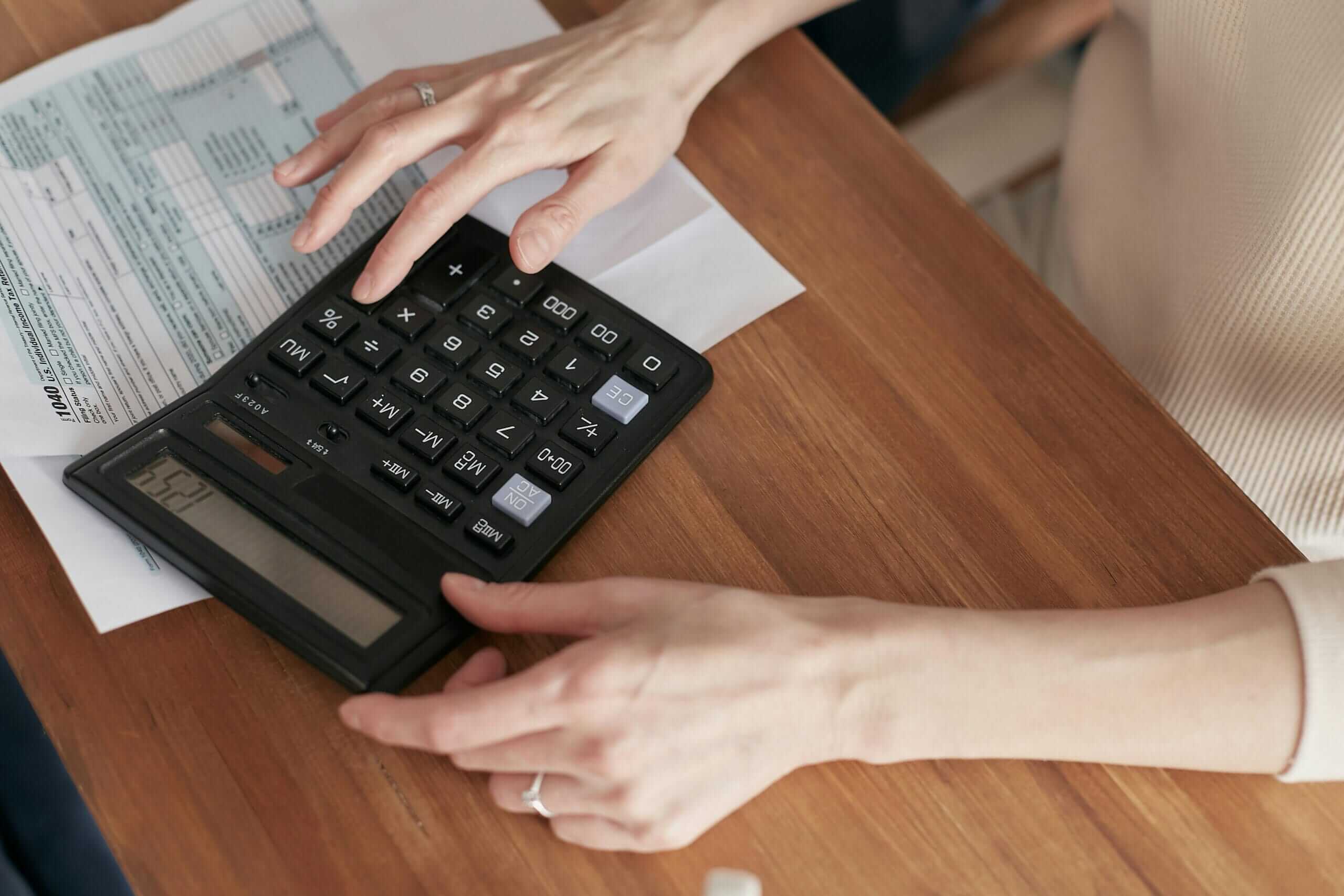
Helping you throughout the admissions process
The admissions process can be overwhelming for people searching for treatment — as well as their friends and family. At Ashley, we will ease your mind by welcoming you and your loved ones in a sensitive and supportive manner and will be by your side throughout the entire process. Each individual has a different experience with addiction. This experience is due to a variety of factors, including your social circle, environment, family and the drug itself. However, by seeking treatment, you have already made the biggest step.
The Ashley admissions process
1.
Phone assessment
A confidential, 15-minute call where our staff reviews your health history and you can share any special needs.
2.
Financial planning and insurance
Review and discuss costs, verify insurance coverage — if applicable — and make payment arrangements. We work with a number of leading insurance companies to make treatment accessible and affordable. Visit our payment options page to learn more about coverage.
3.
Set an admission date
Upon admission, there will be a formal medical assessment and program orientation.
Your feedback matters
During intake, treatment and post-treatment, we collect a lot of information through surveys and assessments. Your responses to these questions help us improve your treatment and recovery outcomes. In addition, our partnership with Trac9 helps us gather patient data and examine trends that can help us find new ways to treat substance use disorders based on specific factors that have a scientifically-validated and evidence-based association with long-term recovery. You are a valued partner in this endeavor.

Getting to Ashley
Ashley is conveniently located along the I-95 corridor in northeastern Maryland. We offer numerous complimentary pickups from area airports and train stations as well as local transportation for patients. Visit our transportation page to learn more about getting to Ashley.
Finding the support patients need
We can help clinical professionals with any patient in need of treatment. We’ll work with the patient and their care providers to create an individualized path to lifelong recovery.





